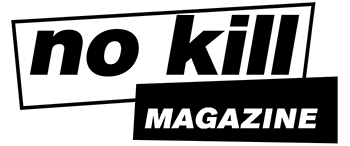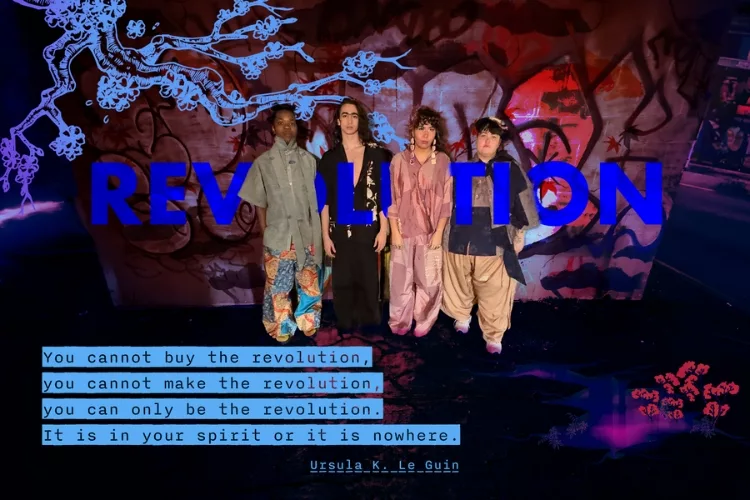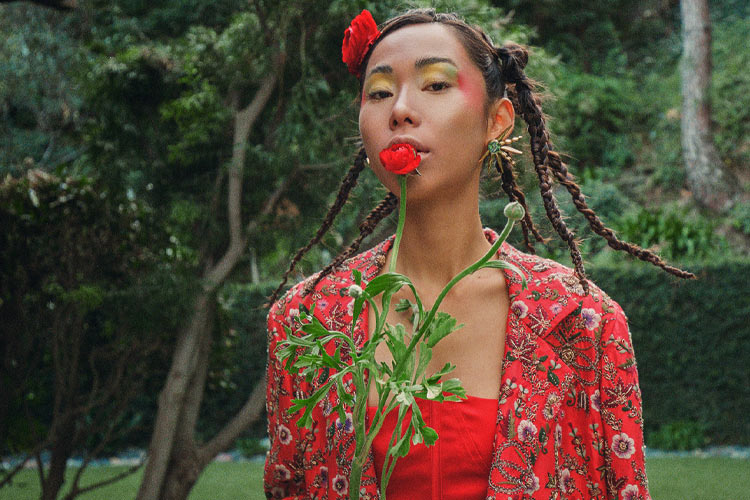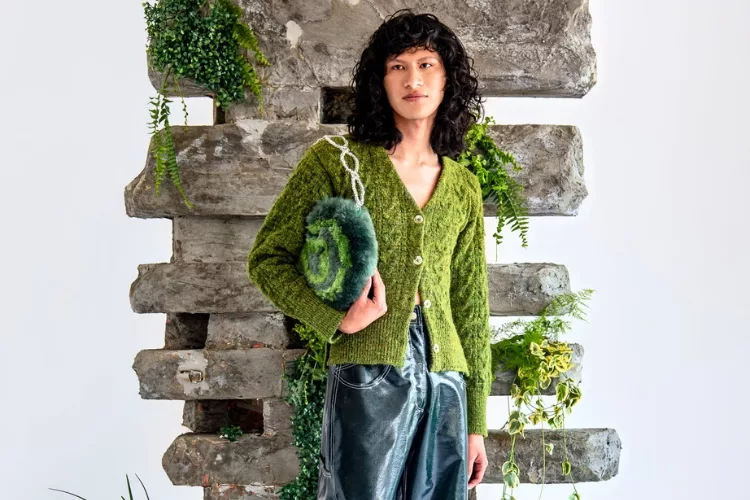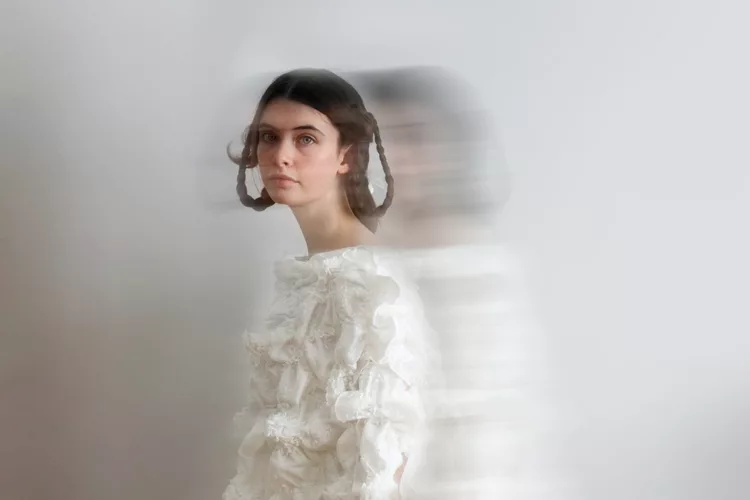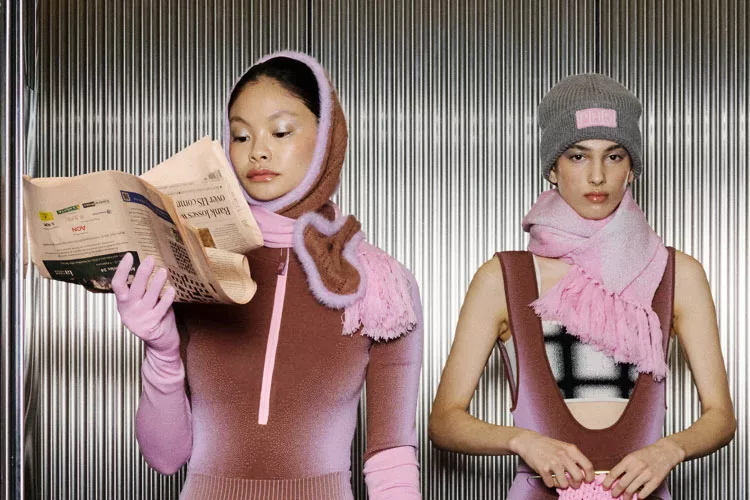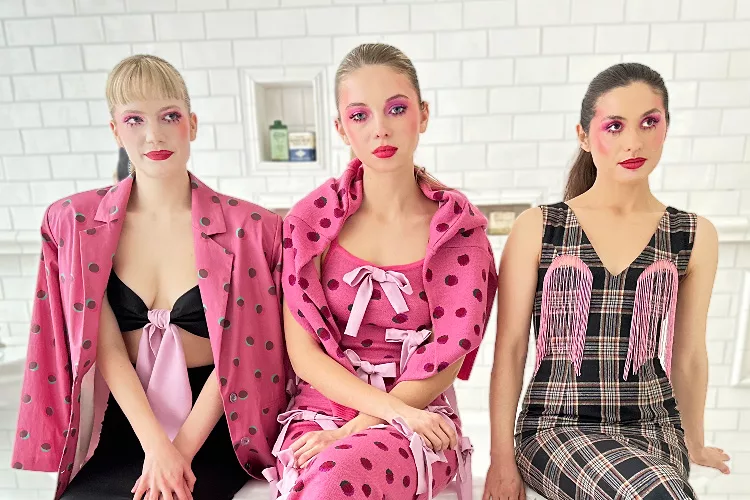Lagos Fashion Week 2023 was a proud celebration of African design principles. This year’s theme was Woven Threads IV: Standing the Test of Time, displayed on physical and digital platforms. The 3-day event, which lasted from the 21st to the 23rd of April, brought to the fore the work of 21 young designers. Their work highlighted African design values that have evolved elegantly and stood the test of time. The dual platform event sought to answer the question: What will traditional African craftsmanship look like when constantly weaving with new influences to create unique shapes and forms?
The event was diverse, walking its audience through many topics in fashion. It started with the circularity theme – an exchange between industry veterans called Fashion Business Series: Stop Waste Colonialism Stakeholders Discussion. Then the real feast for the eye began. Six digital presentations and two runways took place. Nkwo continued to surprise everyone with newer and better ways to repurpose denim textile scraps. Pepperrow took a colorful, energetic spin on contemporary silhouettes. Kiko Romeo took an even more modern approach, strongly emphasizing prints inspired by Swahili architecture and jewelry.
Each designer has a unique take on the theme, but one thing remains constant. Western contemporary designs and cross-continent collaborations increasingly influence the silhouettes. But at the core, traditional African craftsmanship’s values and principles are still preserved. They shone through the designer’s choice of materials, the color palette, and, most importantly, the intrinsic African design principle of resourcefulness. At times like these, when even fast fashion giants have to consider circularity in production, there’s a lot we can learn from the African approach to waste.
Get to know about local African designers with our Lagos picks below.
NKWO
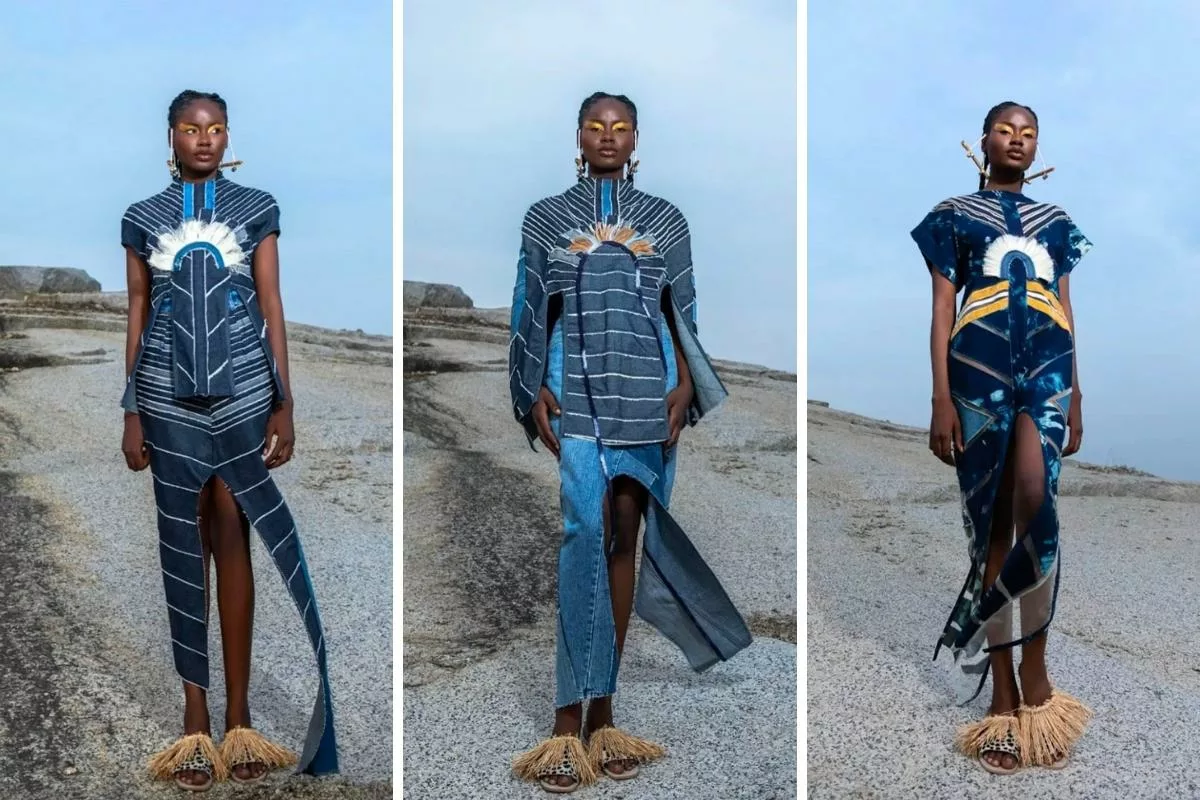
A veteran at Lagos fashion week, this year Nkwo showed her designs digitally under the title “Transformation.” Winner of the Bicester Collection Award for Emerging Designers at CNMI Sustainable Fashion Awards and contributor to the Foundation’s Circular Design for Fashion Book, Nkwo Onwuka is a master of repurposing old denim scraps by tapping into traditional Nigerian craft.
The story of how Nkwo got into a love affair with denim scraps was no less interesting than her bold, unique approach to fashion design. It dates back to Lagos Fashion Week 2016. Struggling to find the “right” fabric, she turned to denim scraps sourced from markets and donations to create a new striped fabric called Dakala. This signature fabric is made through strip-weaving scrap pieces of denim, resulting in Nkwo’s striking long-line cape-effect pieces with embellished shoulders that signal African power and pride.
Katush
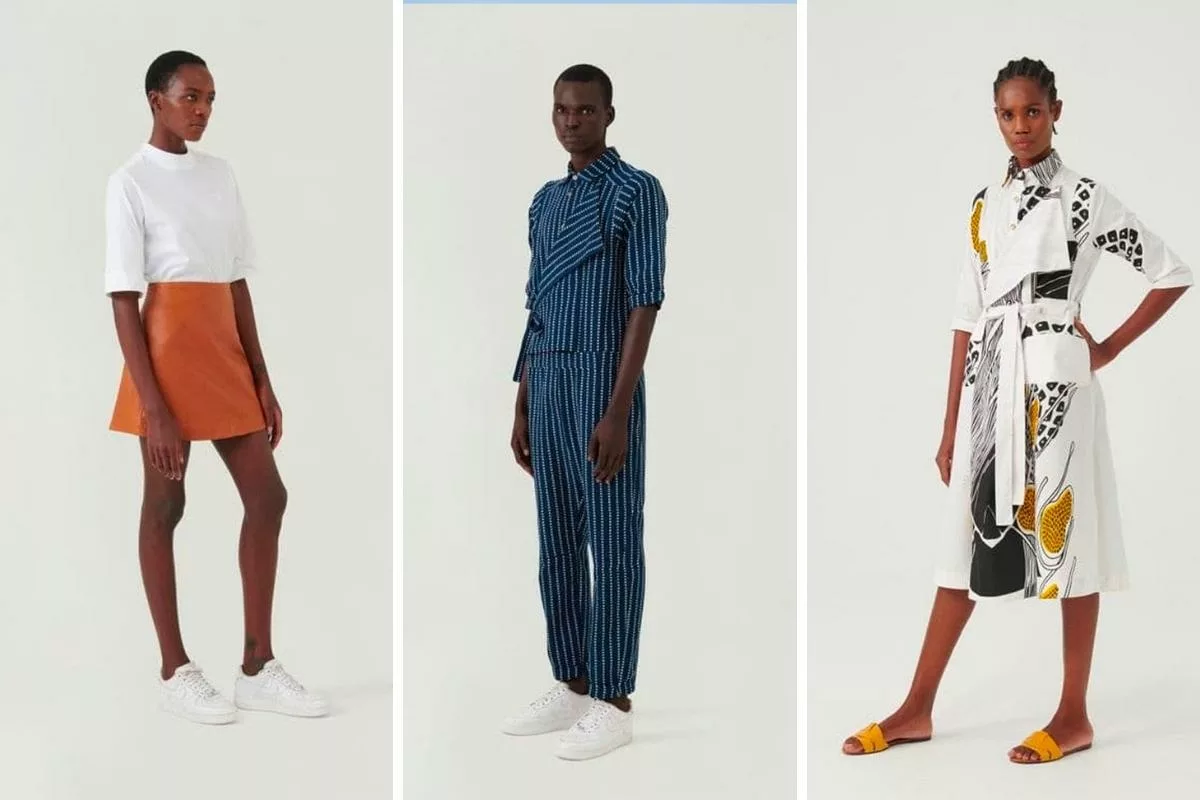
The Kenya-based brand blends traditional craftwork with simple, contemporary silhouettes that embody modern ease. The majority of the pieces are made with cotton. But not just any cotton – it has to be hand-woven cotton made by artisan communities across Africa, such as Burkina Faso.
This year Katush brought to the stage a digital presentation called GWARIDE, also the brand’s SS23 collection.
Piece et Patch
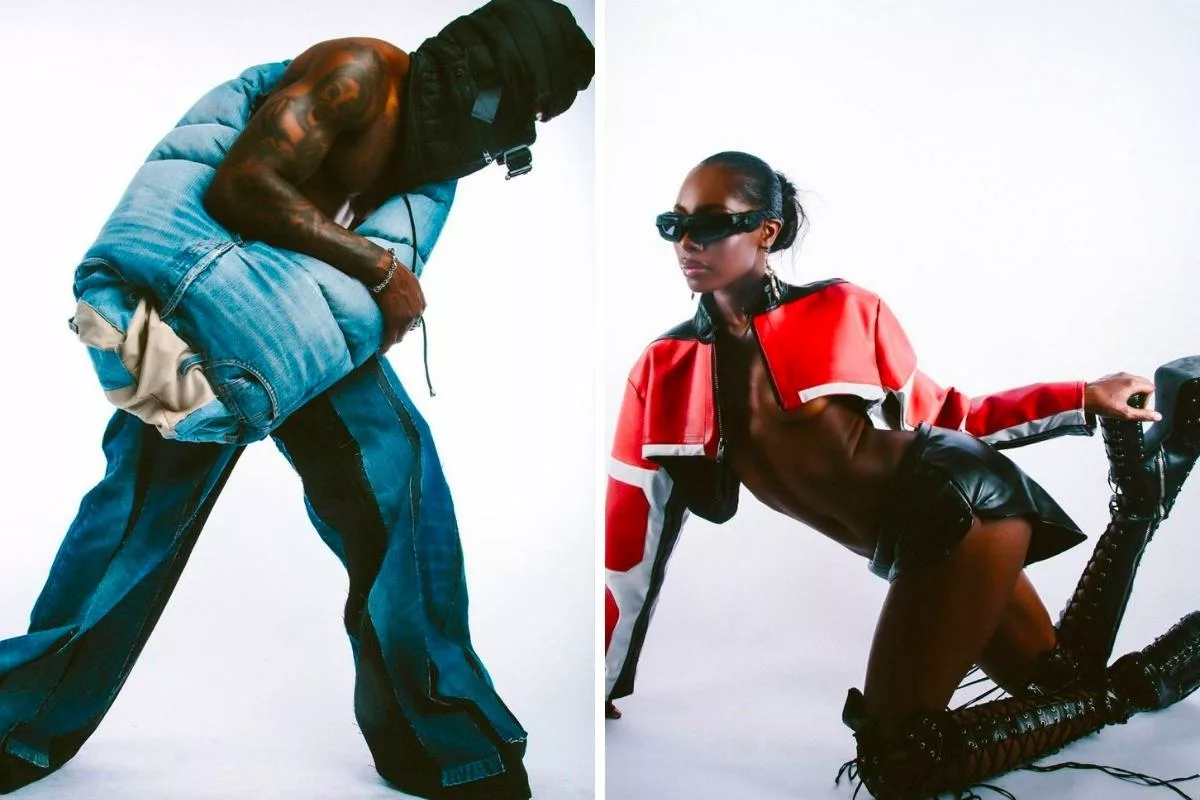
Piece et Patch is the only name mentioned in the Designer Discovery segment. The brand’s founder isn’t a trained designer but a Nigerian musician who goes by She’s Wavy The Creator. Piece et Patch is Wavy’s just-launched creative outlet. This time it takes the form of fashion, not music.
The name suggests it all. Wavy gives secondhand garments a new life, and a fashionable one at that. Like her genre-bending music, the pieces throughout the collection are unapologetically Wavy. Discarded denim pants were deconstructed and remodeled into military-styled skirts and cocoon-shaped jackets with patch pockets.
Olisa Kenya
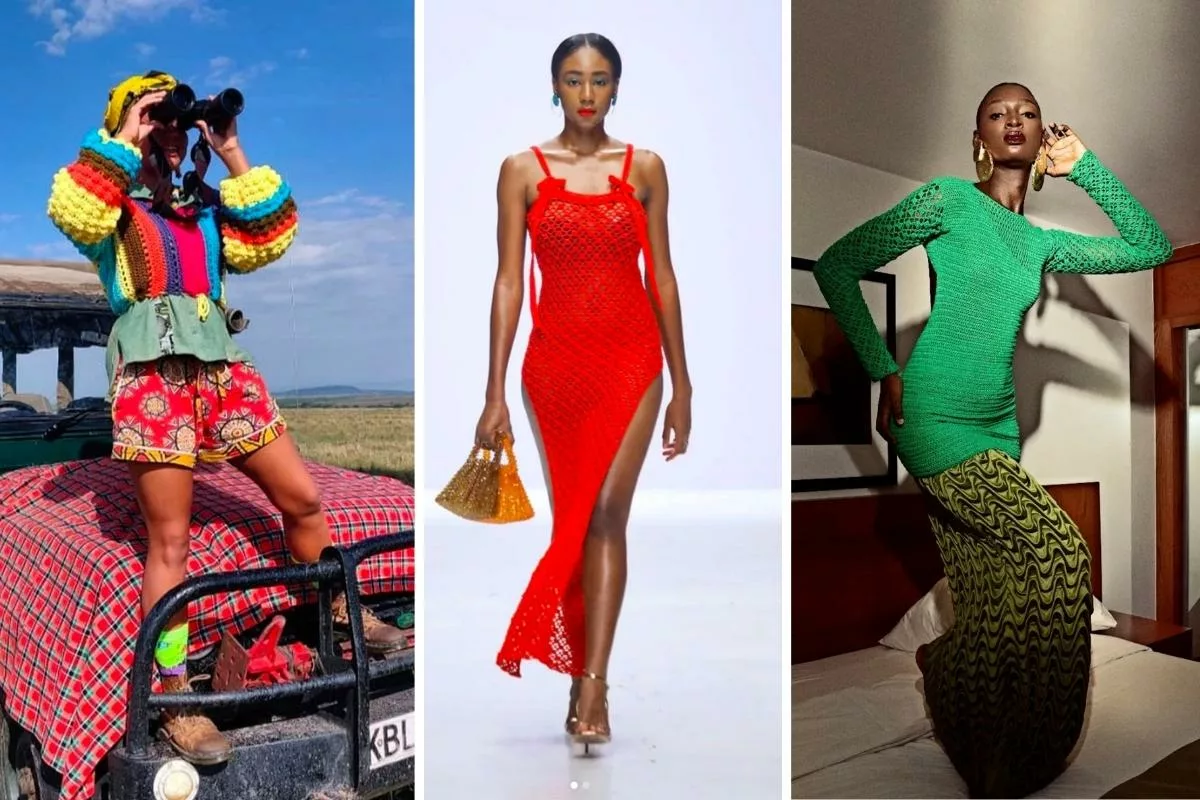
Kenyan brand Olisa Kenya refuses to follow old motifs. It established a genre of its own. Instead of summery cotton and linen, Olisa Kenya takes you to the colorful world of knits and crochet.
Olisa has an affinity for saturated hues, which look stunning on darker skin tones. The cuts are no less youthful and vibrant, with pompom-sleeve sweaters and halter-neck dresses taking the spotlight. Through their designs, the brand seeks to honor handcrafted artisan traditions.
This year at Lagos Fashion Week 2023, the name of the brand’s digital presentation reflects the nature of their go-to material – “Warm Bodies.” Their short fashion film followed how young people refind their African roots through pieces of artwork, and it was the highlight of the event.
Emmy Kasbit
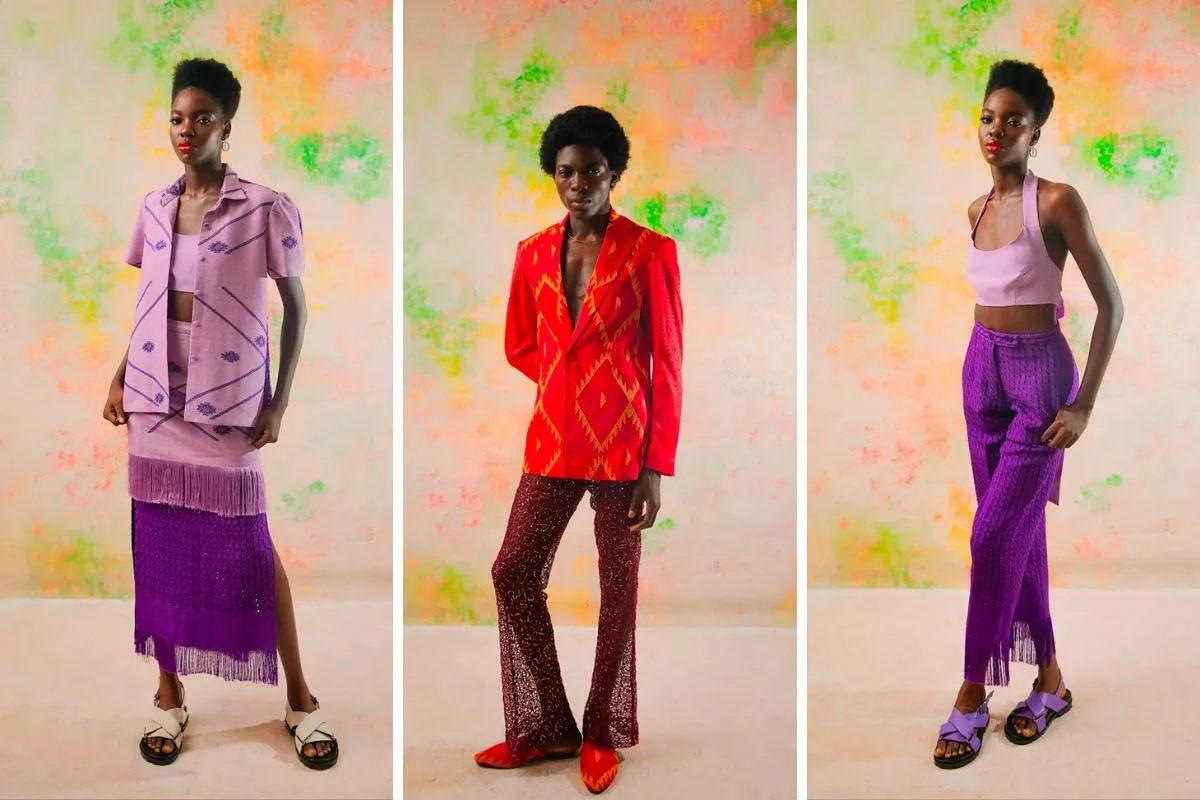
Each Emmy Kasbit piece is made with the skilled hands of female artisans at the brand’s “R&D” center, called the Emmy Kasbit Initiative Artisan Hub. She focuses on timeless garments that showcase the Nigerian Sustainable fashion craft to the world. If you are looking for clean aesthetics, sartorial classics, or structured architectural cuts, Emmy Kasbit is the place to go. Through its mass appeal, the brand can preserve the rich library of traditional African clothing production techniques and textiles, such as their signature hand-woven Akwete textiles.
KikoRomeo
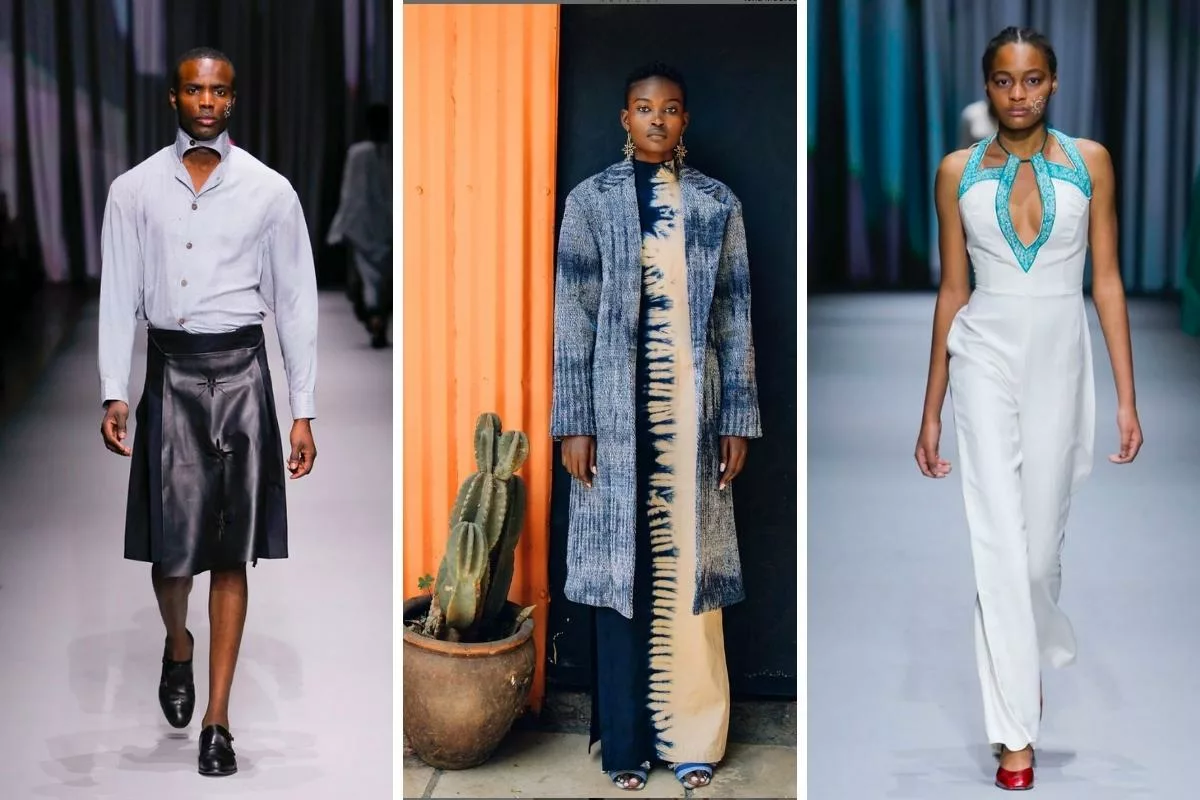
Lagos Fashion Week’s final digital presentation was all about what went on behind the scene at Kenyan brand, KikoRomeo.
A heritage brand widely credited with transforming fashion in Kenya and mentoring many designers and artisans over the last two decades, KikoRomeo meaning “Adam’s Apple” in Kiswahili, was founded in 1996. Transcending cultures and fashion trends, KikoRomeo puts sustainability at its core, striving to create longevity in each garment using handmade and hand-dyed fabrics and hand-carved trims sourced from the African continent. Their materials come mainly from natural fibers, including cotton, linens, and silk, and explorations into alternative fibers, such as those derived from sisal and orange peel.
Pepper Row
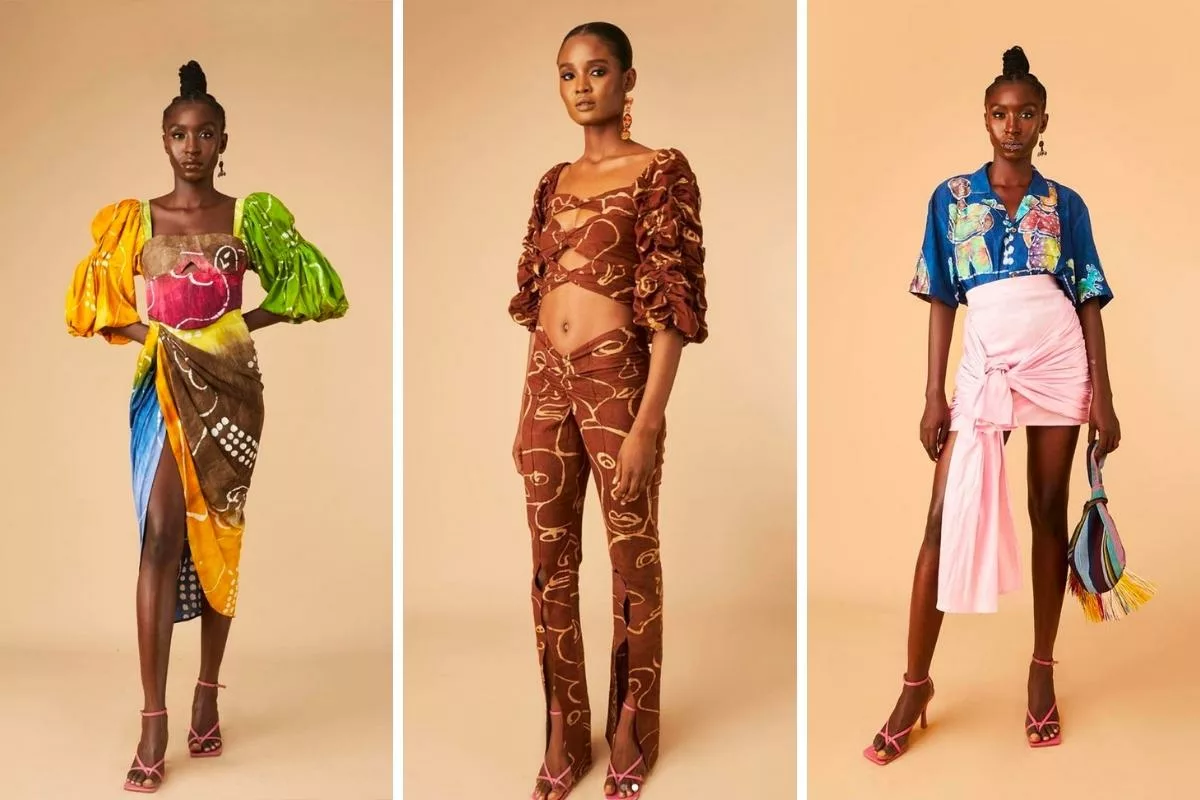
Pepper Row took a bold and vibrant color palette and painted that on a version of contemporary design that leans feminine. A quick glance over the young brand’s IG shows some influences from the label Orange Culture, the pioneer in East African fashion.
While Orange Culture is mainly about global collaborations, Pepper Row leans into sustainability and local production –working closely with artisans from Southern Nigeria. They also implement modern techniques merged with age-old traditional crafts such as hand weaving the aso oke fabric, hand dyeing the batik fabric, upcycling broken glass, and wood carving.
Shekudo
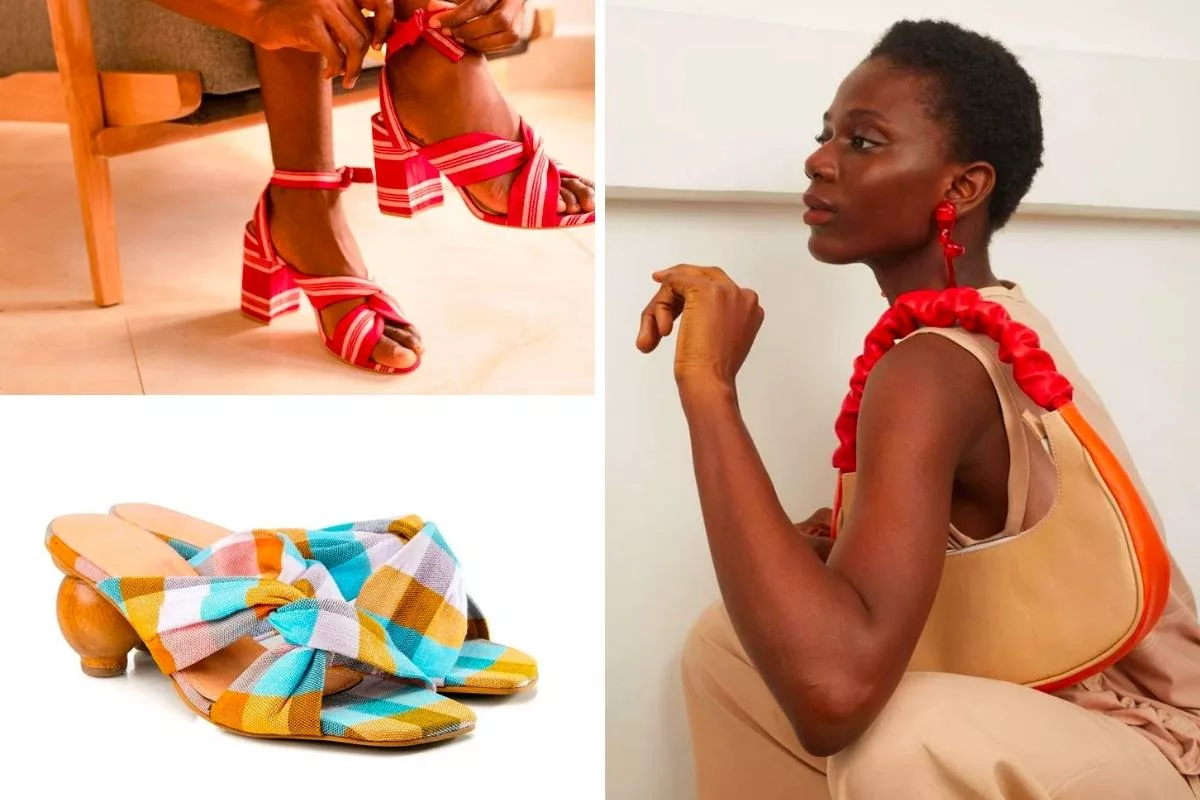
If you’re looking for quality shoes, Shekudo might be the perfect fit. The Nigerian African brand fuses contemporary footwear and accessories with a rich heritage of craftsmanship. Each piece is meticulously made with local materials, including leather, traditional Aso Oke/Akwete cloth for stunning shoe uppers, and cotton for dust bags. Shekudo incorporates wood, brass, and silver into their statement earrings, embracing sustainability, cultural authenticity, modern design, and traditional artistry.
Mitimeth
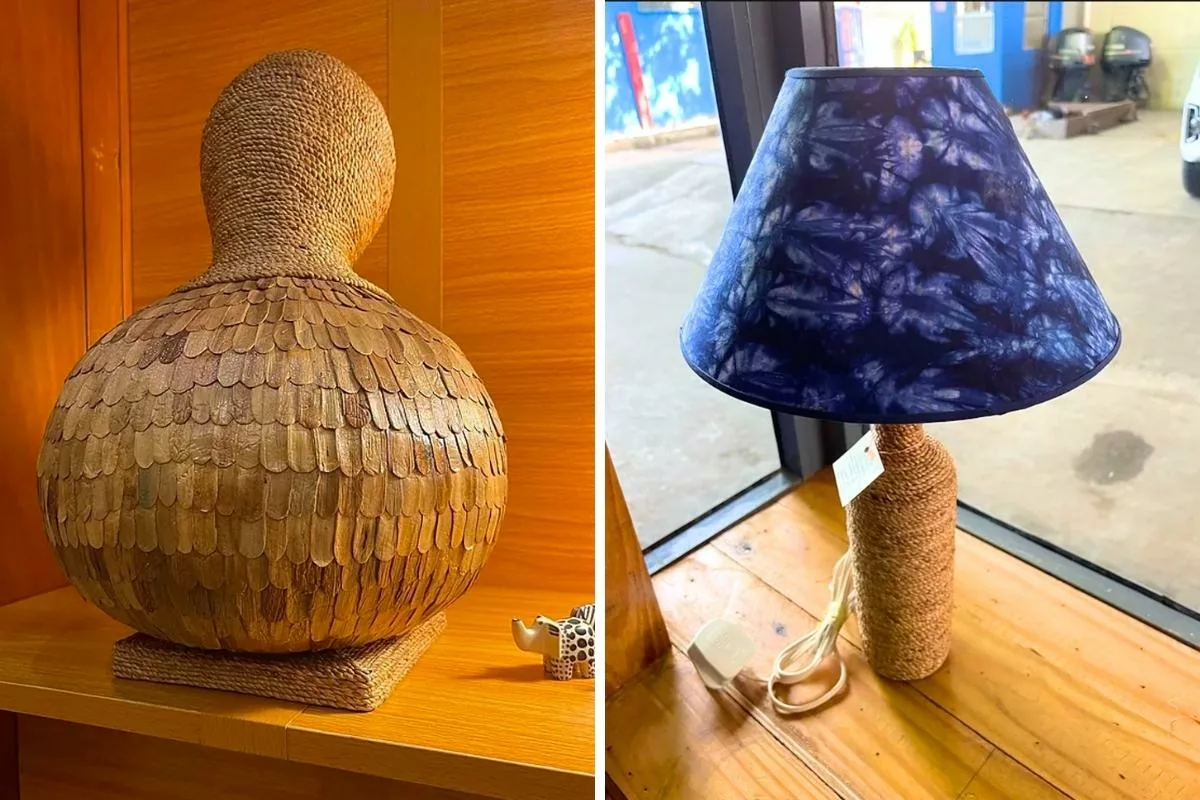
Mitimeth, a woven handmade home decor and lifestyle accessories brand, was given the most space during Lagos Fashion Week. It has two consecutive workshops on DIY goods, placed near the end of the 3-day event. These workshops might be perfect for those post-fashion-show conversations where fashion buyers gather and exchange thoughts on the shoes. But if you are looking for your next gift, Mitimeth is the perfect place!
–Jacqueline Pham
Related Articles
